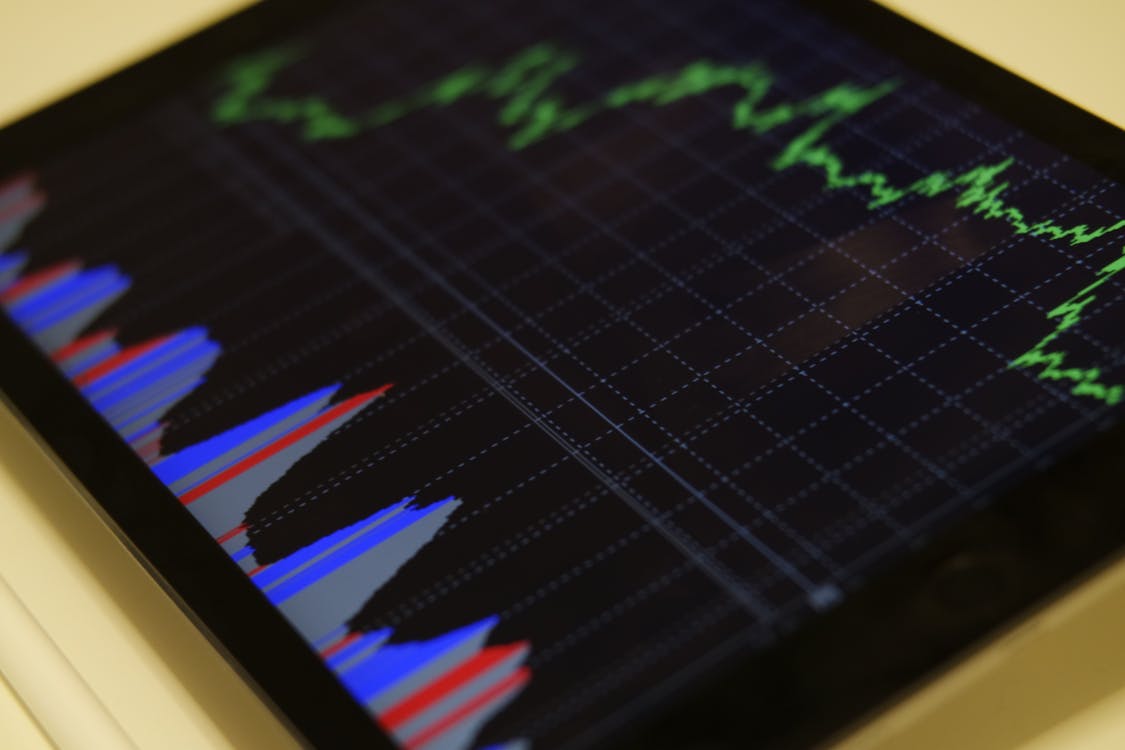What is Forex Trading?
Forex
Trading, also known as foreign exchange trading or FX trading, is the buying
and selling of currencies with the aim of making a profit from the fluctuations
in exchange rates. Forex trading is the largest and most liquid financial
market in the world, with an estimated $5.3 trillion traded daily.
How does
Forex Trading work?
Forex
trading involves buying one currency while simultaneously selling another.
Currency pairs are traded, and the price of a currency is determined by its
supply and demand in the market. Forex traders can take advantage of both
rising and falling currency prices, and they can also use leverage to amplify
their potential profits.
Forex
traders can trade in the spot market, where currencies are traded at the
current market price, or in the futures market, where they agree to buy or sell
a currency at a specific price at a future date.
How can
people earn from Forex Trading?
Forex
trading can be highly profitable, but it also involves significant risks.
Traders can earn money from forex trading by speculating on the direction of
currency prices. If they predict correctly, they can make a profit, and if they
predict incorrectly, they can incur losses.
To earn
money from forex trading, traders need to have a good understanding of the
market, and they need to be able to analyze and interpret economic indicators
and other market data. They also need to have a trading strategy that includes
risk management techniques, such as stop-loss orders, to minimize potential
losses.
Forex
Future
Forex
futures are contracts that allow traders to buy or sell a specific currency at
a predetermined price and date in the future. Forex futures are traded on
regulated exchanges, such as the Chicago Mercantile Exchange (CME), and they
are used by traders to hedge their positions in the spot market or to speculate
on currency price movements.
Forex
futures contracts have standardized terms, including the size of the contract,
the currency pair being traded, and the settlement date. Trading forex futures
requires less capital than trading in the spot market, as traders only need to
deposit a small percentage of the contract value as a margin.
Difference
between Forex Trading and Crypto Trading
Forex
trading and crypto trading are both forms of speculative trading that involve
buying and selling assets with the aim of making a profit. However, there are
several key differences between the two.
Asset
Type:
Forex
trading involves trading currencies in the foreign exchange market, whereas
crypto trading involves trading cryptocurrencies, such as Bitcoin, Ethereum, or
Litecoin, on a cryptocurrency exchange.
Market
Structure:
Forex
trading is a decentralized market, where currencies are traded over the counter (OTC) through a global network of banks, brokers, and market makers. Crypto
trading, on the other hand, takes place on a decentralized blockchain network,
with transactions verified by a network of nodes or miners.
Volatility:
Crypto
trading is generally more volatile than Forex trading due to the relatively
small market size and the lack of regulatory oversight. Cryptocurrencies can
experience large price swings in short periods of time, making them high-risk, high-reward investment options. Forex trading, on the other hand, is
more stable and less volatile, with smaller price movements.
Leverage:
Leverage
is a key feature of Forex trading, which allows traders to control large
positions with a small amount of capital. Crypto trading also offers leverage,
but the level of leverage is typically lower due to the higher volatility of
cryptocurrencies.
Regulation:
Forex
trading is a regulated industry, with oversight from financial regulators in
different countries, such as the Financial Conduct Authority (FCA) in the UK,
the National Futures Association (NFA) in the US, or the Australian Securities
and Investments Commission (ASIC) in Australia. Crypto trading, on the other
hand, is largely unregulated in most countries, which means there is a higher
risk of fraud, hacking, or market manipulation.
In
conclusion, Forex trading and crypto trading have some
similarities, but they are also fundamentally different in terms of the assets
being traded, the market structure, volatility, leverage, and regulation.
Traders should carefully consider these factors when deciding which type of
trading to pursue, and should also ensure that they have a good understanding
of the market, risk management, and trading strategies to maximize their
chances of success.
________________________________________________________________________
In
conclusion, Forex trading is a complex and risky but
potentially lucrative investment option for those with knowledge and expertise.
Traders need to have a good understanding of the market, technical and
fundamental analysis, risk management, and a trading strategy to be successful
in Forex trading. It is important to note that forex trading is not a
get-rich-quick scheme and requires patience, discipline, and consistent effort.








0 Comments